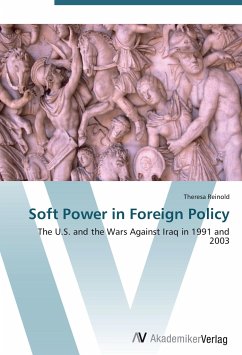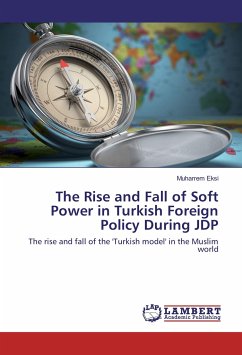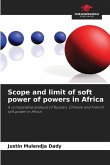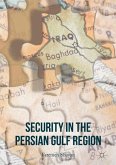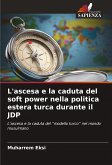Revision with unchanged content. In the discipline of International Relations, "power" has long been equated with military or economic strength. In this book I argue that we need a somewhat broader and more differentiated notion of power that helps us understand how states exert influences over outcomes in international relations. Although the notion of "soft power" pops up in many recent works on U.S. foreign policy, no one has so far undertook a systematic study on the workings of this type of power. By applying this concept empirically to the wars against Iraq in 1991 and 2003 I will show that soft power is not only interesting as an analytical construct but that it is indeed relevant for the conduct of foreign policy. Many commentators have puzzled over why a state as "powerful" as the United States was unable to achieve its preferred outcome in the 2003 Iraq war. This book proposes an answer.
Hinweis: Dieser Artikel kann nur an eine deutsche Lieferadresse ausgeliefert werden.
Hinweis: Dieser Artikel kann nur an eine deutsche Lieferadresse ausgeliefert werden.

